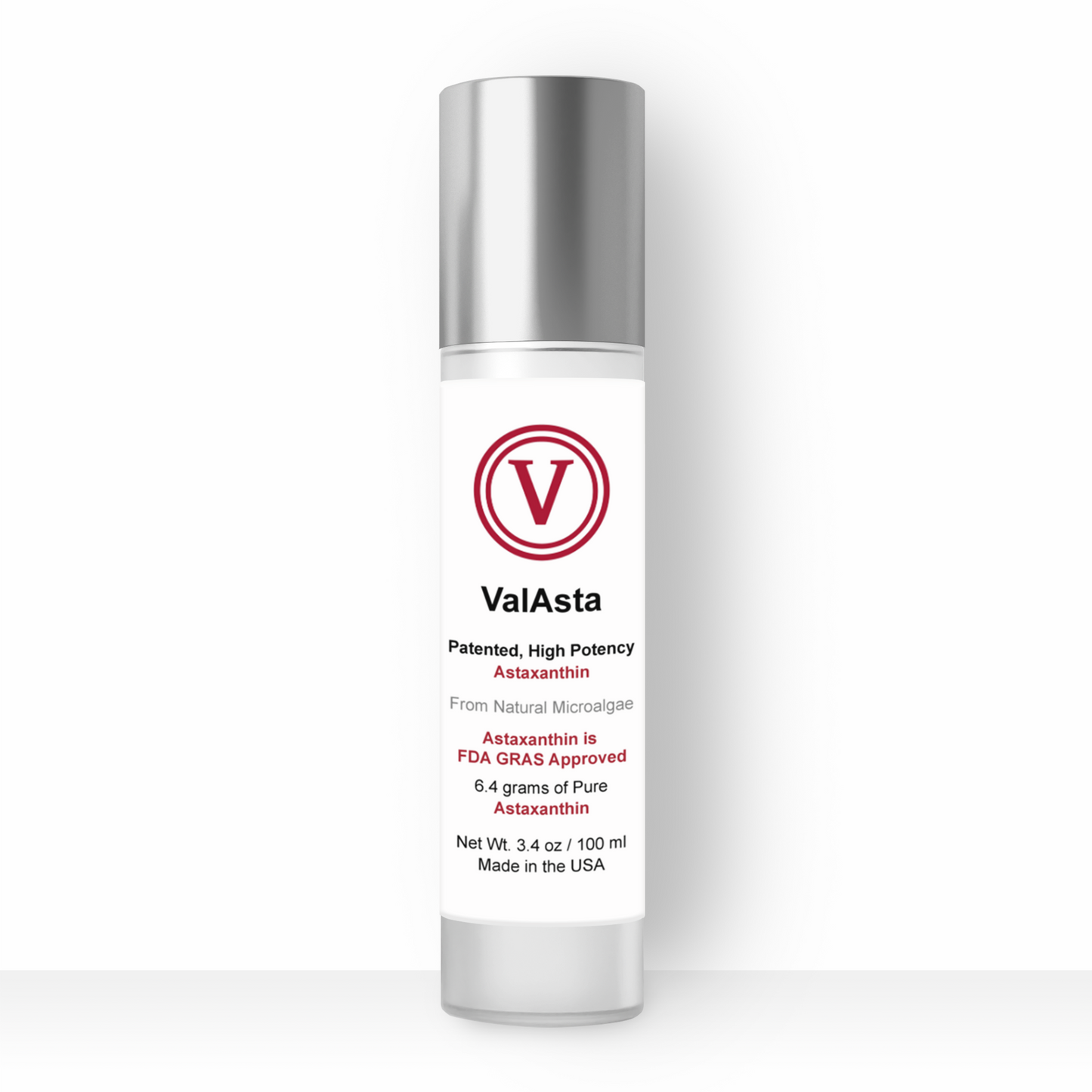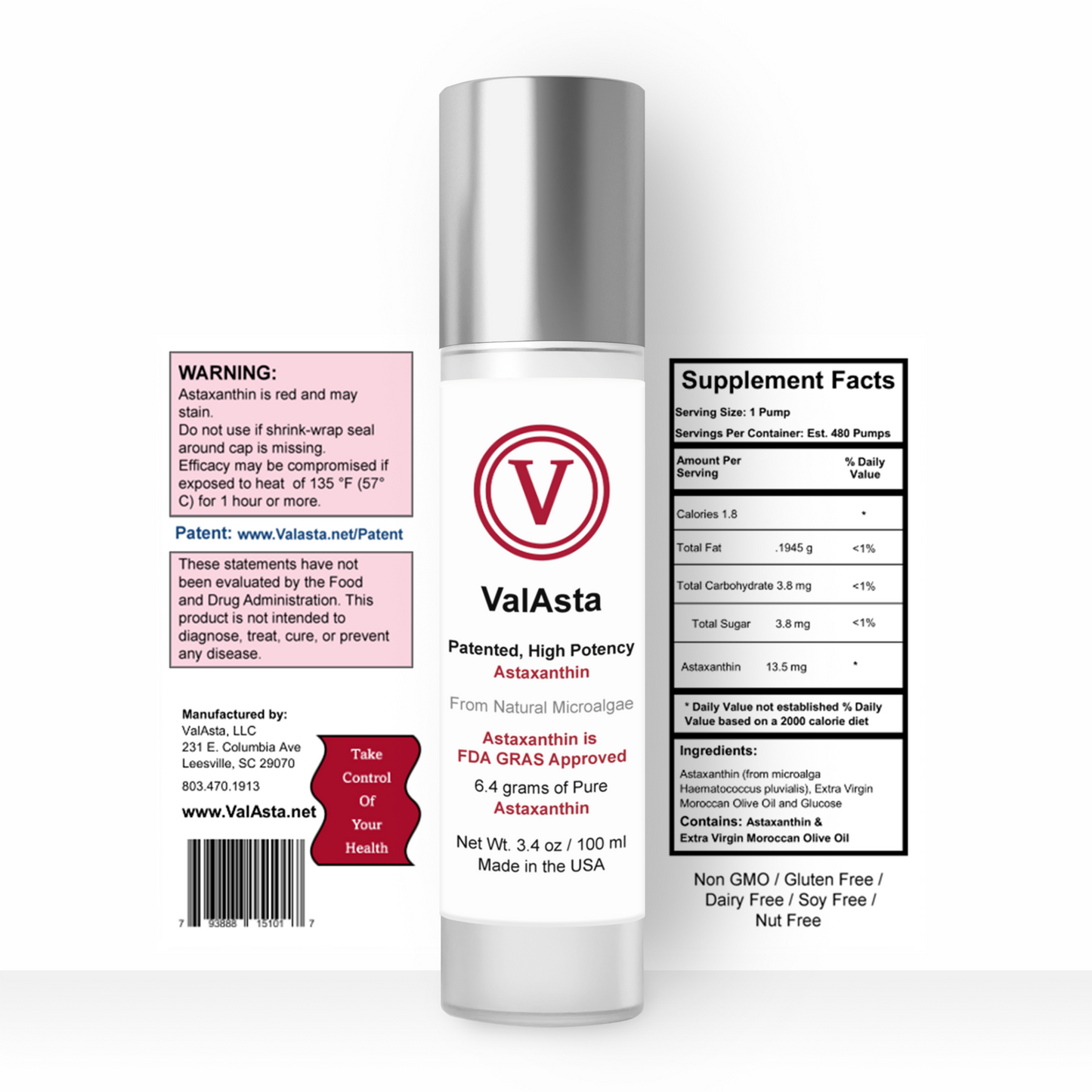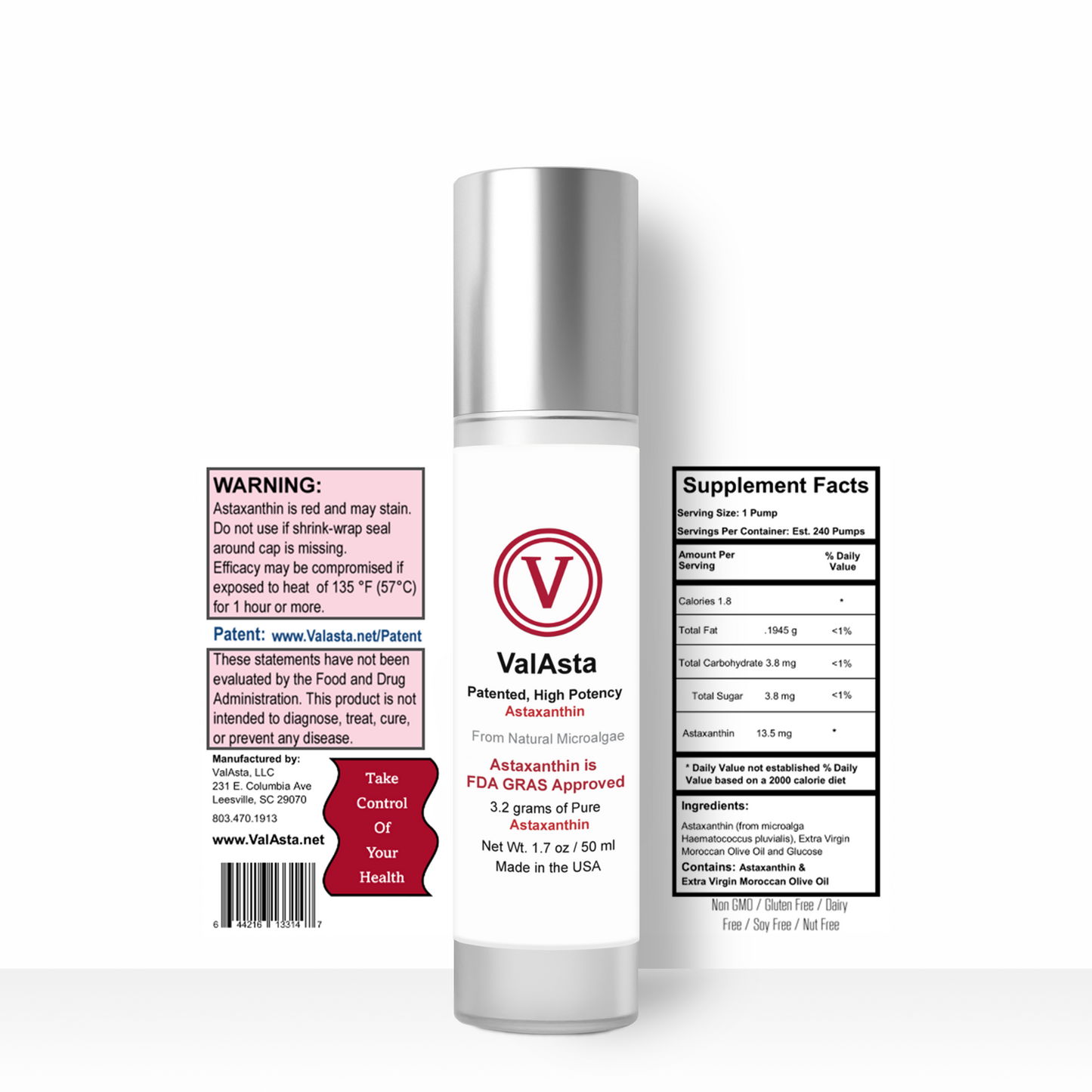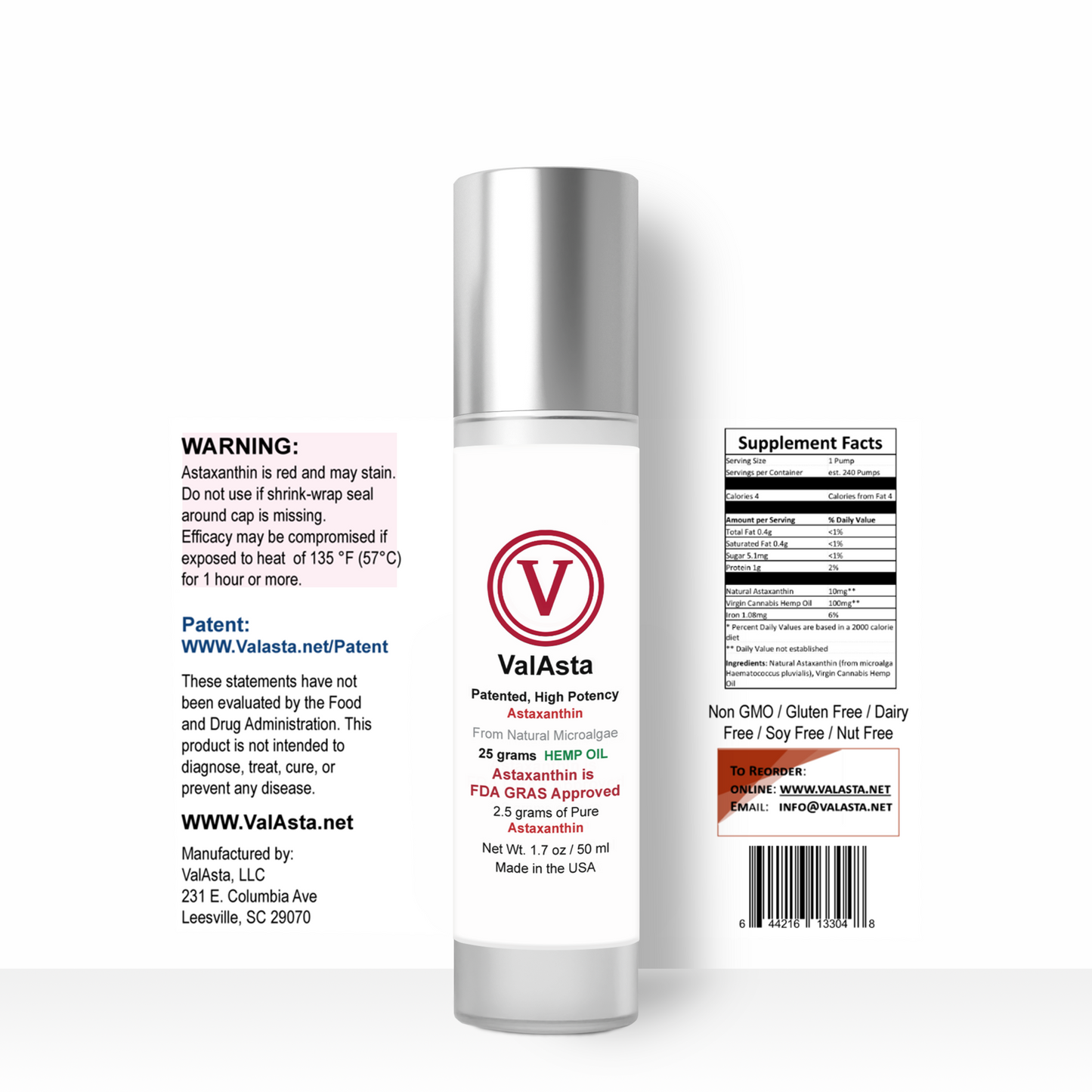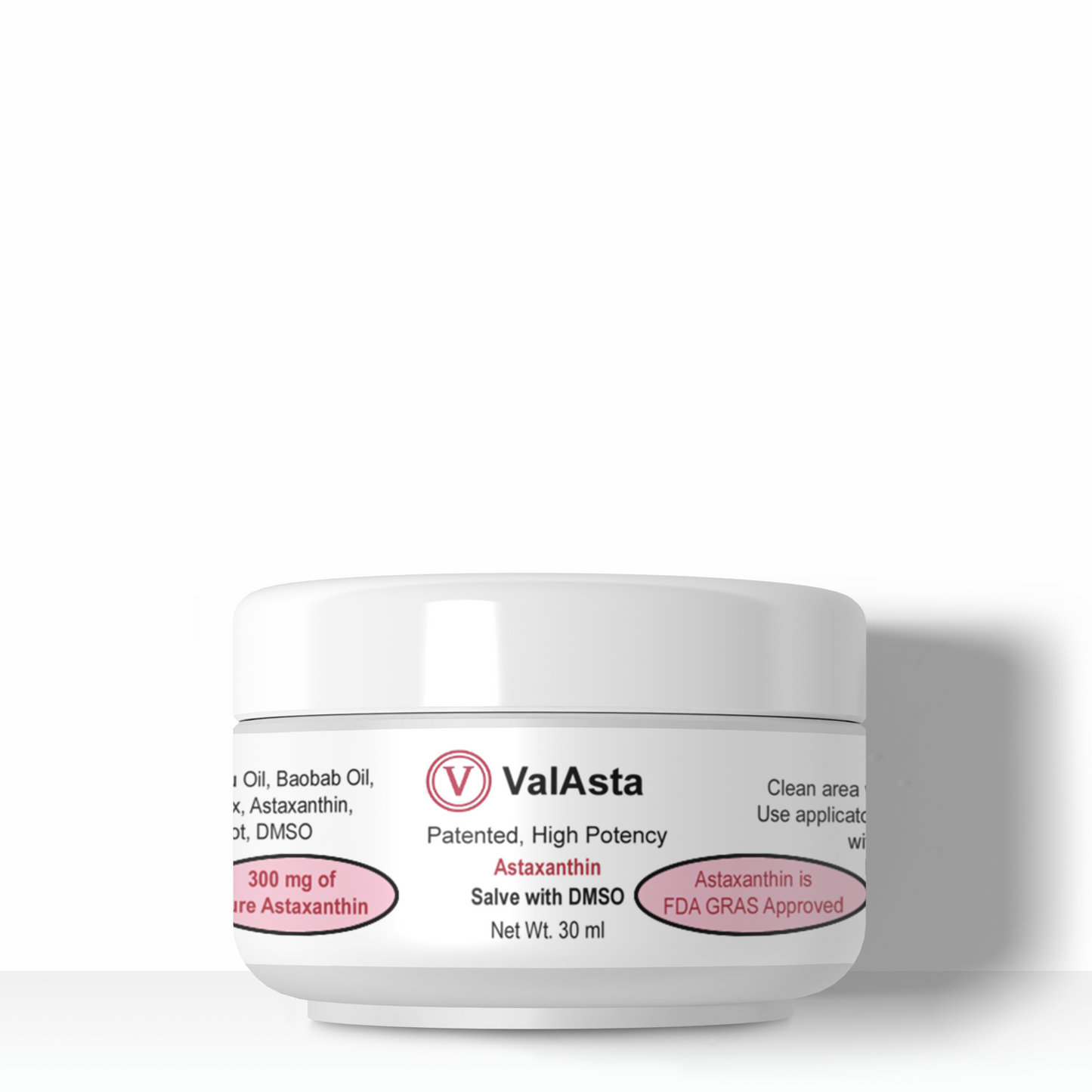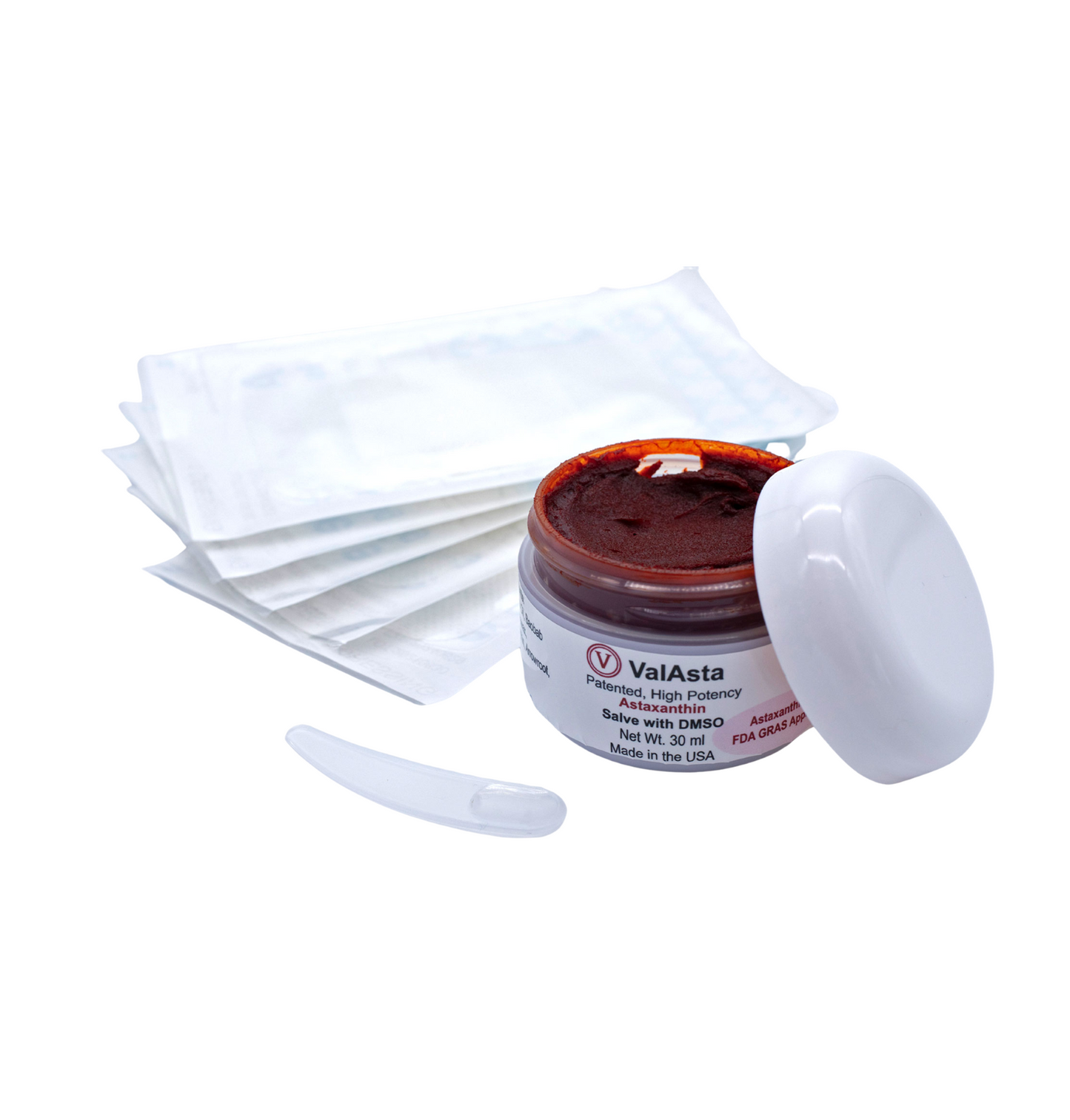
Peptic ulcers are open sores that develop on the inside lining of your stomach and the upper portion of your small intestine. The most common symptom of a peptic ulcer is stomach pain.
Peptic ulcers include:
- Gastric ulcers that occur on the inside of the stomach
- Duodenal ulcers that occur on the inside of the upper portion of your small intestine (duodenum)
The most common causes of peptic ulcers are infection with the bacterium Helicobacter pylori (H. pylori) and long-term use of aspirin and nonsteroidal anti-inflammatory drugs (NSAIDs) (Advil, Aleve, others). Stress and spicy foods do not cause peptic ulcers. However, they can make your symptoms worse.

Symptoms:
- Burning stomach pain
- Feeling of fullness, bloating, or belching
- Fatty food intolerance
- Heartburn
- Nausea
Helicobacter pylori is a dominant bacterium living in the human gastric tissues. In H. pylori-infected tissues, the infiltrated inflammatory cells produce reactive oxygen species (ROS), leading to gastric inflammation with production of various mediators. According to numerous epidemiological studies, dietary carotenoids may prevent gastric inflammation due to their antioxidant properties. Recent studies showed that antioxidant and anti-inflammatory effects of astaxanthin may contribute to inhibition of H. pylori-induced gastric inflammation. Astaxanthin changes H. pylori-induced activation of T helper cell type 1 response towards T helper cell type 2 response in the infected tissues.
Astaxanthin inhibits the growth of H. pylori.
In this Journal of Cancer Prevention article astaxanthin was found to be beneficial in the treatment of peptic ulcers.

